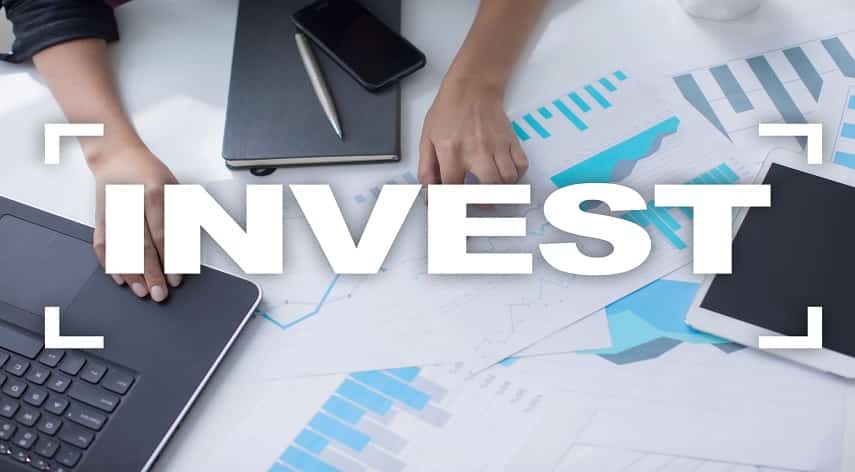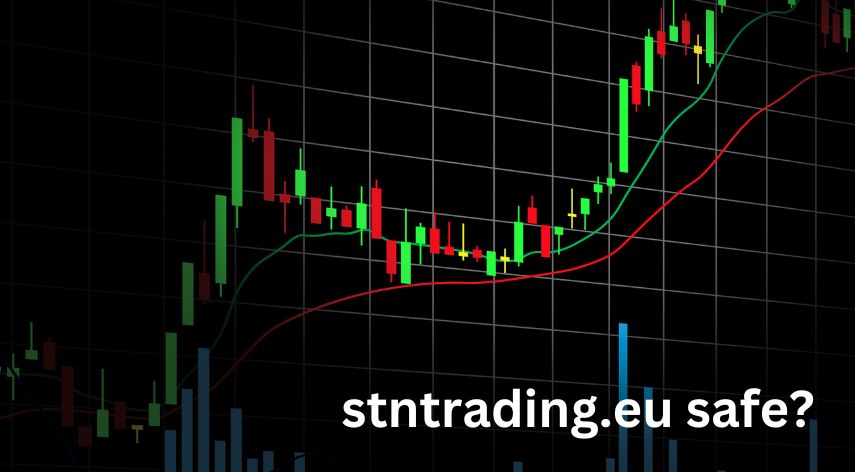13 Ways to Become an Investor

Retail investing activity peaked during the global pandemic. From January to March 2020 alone, average daily volumes (ADVs) for retail traders grew over 130%.
Retail investors are average joes like you and me. After all, anyone can become an investor. You just need to know the right products to bet your money on.
You probably know about traditional investments like real estate and the stock market. But these two investments only scratch the surface when it comes to ways you can earn money from purchasing assets.
Want to know how to become an investor in 2023? You clicked on the right article. Keep reading for the top 13 assets to consider.
Table of Contents
Toggle1. Invest Money in the Stock Market
We will discuss the most obvious type of investment first. Traditional stock market investments allow you to purchase shares in publicly traded companies. These shares represent a piece of ownership in that firm.
Share prices go up when investors believe the company will make money. However, there is also the risk of the opposite happening. Yes, that is right, you can actually lose money when you invest in stock shares.
To prevent major losses, it is important to choose the right stocks. Don’t know where to begin? Check out this list of the best stock picking services to get a little help choosing companies to invest in.
2. Buy Bonds
There are two types of bonds: corporate bonds and government bonds. When you buy a bond, you are literally lending money to a governmental entity or company. In exchange, you earn interest on the bond.
Bonds are extremely stable investments with impressively low risk. That is why many financial advisors suggest that beginner investors start with bonds. However, low risk often equals lower returns, which is true of bonds.
On the plus side, bonds mature. That means you get your initial investment back after a predesignated period. The only time this is not the case is if the company or government defaults on the bond.
3. Pool Your Cash in a Mutual Fund
As its name suggests, a mutual fund is an investment in which you compile funds with other investors. A qualified manager oversees the allocation of the money in those funds.
The great thing about a mutual fund is that you do not need any knowledge of investing to make money. As long as you have the money to put into the fund, the fund manager will make all the investing decisions for you.
On the downside, mutual funds are expensive to invest in. You have to put down a minimum investment, which can range from $500 to more than $3,000. You must also pay fees for the fund manager’s services.
4. Trade ETF Shares
ETF stands for exchange-traded fund. Like a mutual fund, you compile your money with other investors. Unlike mutual fund shares, the price of an ETF share fluctuates throughout the day.
These funds are also highly diversified, meaning investing in ETFs is much less risky than, say, betting on a single stock. ETFs allow you to invest in multiple stocks at once, as well as bonds, commodities, and more.
You still have to pay some fees when investing in ETFs. However, it is much less costly than putting your money into a managed mutual fund.
5. Earn Interest on Certificates of Deposit
Certificates of Deposit are also known as CDs. Of all the investments on our list, CDs may present the lowest risk profile. That is because CDs allow you to lend banks money.
As with bonds, you earn interest on your CD. When your certificate matures, the bank returns your principal, and you pocket the interest. As mentioned, with low-risk investing comes lower returns, which is true of CDs.
6. Take a Gamble on Derivatives
Derivatives are complicated and pretty risky investments. However, if you are prepared for the risk, these products can produce impressive returns. There are three common types of derivates:
- Options
- Futures
- Swaps
No matter which type of derivative you choose, the basic model works the same. You, the investor, creates a contract. The contract details your agreement to purchase a stock at a predesignated time in the future.
Investing in derivatives is a gamble. You are basically placing a bet that your desired asset will increase in price over time. If the asset does not increase, you could actually end up owing money instead of making it.
7. Cash Out With Commodities
A type of futures contract is with commodities. Commodities are raw ingredients and products that most governments and businesses in the world need. Metals, crops, livestock, and energy are four types of commodities.
The price of commodities fluctuates. When you invest in commodities futures, you commit to selling the commodities you hold in your portfolio for a certain price at a future date.
These investments are very risky. The prices of commodities can fluctuate based on obvious events (e.g., a war). But there are also unpredictable ways the prices can fluctuate (e.g., an unexpected weather event).
8. Purchase Property
One of the oldest investment vehicles in history is real estate. You need a lot of cash to purchase property. But real estate investments practically guarantee a return, and a good return at that.
If you do not have enough money to buy property, consider a REIT. Real estate investment trusts (REITs) allow you to pool your funds with other investors. Then, all the investors in the REIT can purchase a piece of property.
REITs are often a better choice than a straight-up purchase. These funds are far more liquid as you can buy and sell REIT shares as you would a stock or bond. Plus, you do not need as much money upfront.
9. Consider Cryptocurrency
The latest investment vehicle to hit shelves is cryptocurrency, commonly called just “crypto.” Crypto is a type of commodity, but unlike traditional commodities, it is highly volatile.
There are hundreds of get-rick-quick stories online about crypto investing. But you should be very careful with this asset class to the risk. Consider speaking to a financial advisor before investing significantly in crypto.
10. Get Higher Returns With Index Funds
Index funds are also known as passively managed mutual funds. As you may recall, mutual funds are investments where different investors can pool their money together. The fund manager then purchases stocks and bonds for you.
Index funds are virtually identical to mutual funds. The difference is that a fund manager does not track it, meaning you pay less or nothing at all in fees. Instead, the fund tracks market indices like the S&P 500 and the Dow Jones.
11. Buy and Lease Expensive Equipment
Equipment leasing and financing is a trillion-dollar industry no one has ever heard of. You can get involved with equipment leasing, too. And this investment class offers benefits like tax advantages and regular cash flow.
As long as you properly insure your investment, you can also expect pretty stable and reliable returns.
12. Angel Invest in Startups
Stocks and bonds are not the only way you can invest in companies. You can also invest your money with a company directly. The most common way to do this is by becoming an angel investor.
Angel investors give money directly to startups and other promising businesses. They are similar to venture capitalists. However, angel investors are individuals, while venture capital funds represent groups of individuals.
But how do angel investors make money? Most investors back companies that will soon undergo a major acquisition or take the business public. Then, they can profit from the sale or initial public offering (IPO).
13. Save Retirement Money in Annuities
Annuities are lesser-known ways to save for retirement. With these investments, you make payments into an insurance plan. In the future, you can then receive payments from your policy provider.
Unfortunately, annuities are not true investments. They do not increase in value over time. The reason we still wanted to include them is that annuities are incredibly stable and guarantee your future income.
Want More Tips to Become an Investor?
There are dozens of ways to become an investor in 2023. Bonds, CDs, ETFs, and annuities are all low-risk investments that only require a minimum amount of cash.
Investment vehicles like stocks, derivatives, and crypto, on the other hand, are far riskier. It is best to work with a professional before making investments in these high-risk assets.
Are you looking for more advice to help you start investing your money smarter? We have more finance tips on our blog. Check back every day for the latest articles!
Pankaj Majumder, a seasoned Civil Engineer, combines technical expertise with a passion for innovative infrastructure solutions. With a strong academic background and diverse project experience, he excels in creating sustainable and resilient structures that shape the future of urban development.
Recommended For You
Spread the loveIn the ever-expanding digital landscape, online trading platforms have become a staple for savvy consumers looking to explore
Spread the loveDo you find tax season overwhelming? You’re not alone. But don’t worry; our article on tax checklist essentials has you
Spread the loveNavigating the world of document signing and validation can be perplexing. This is especially true when it comes



